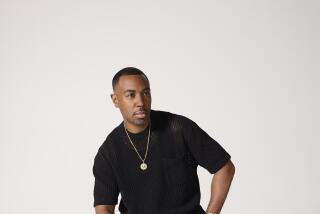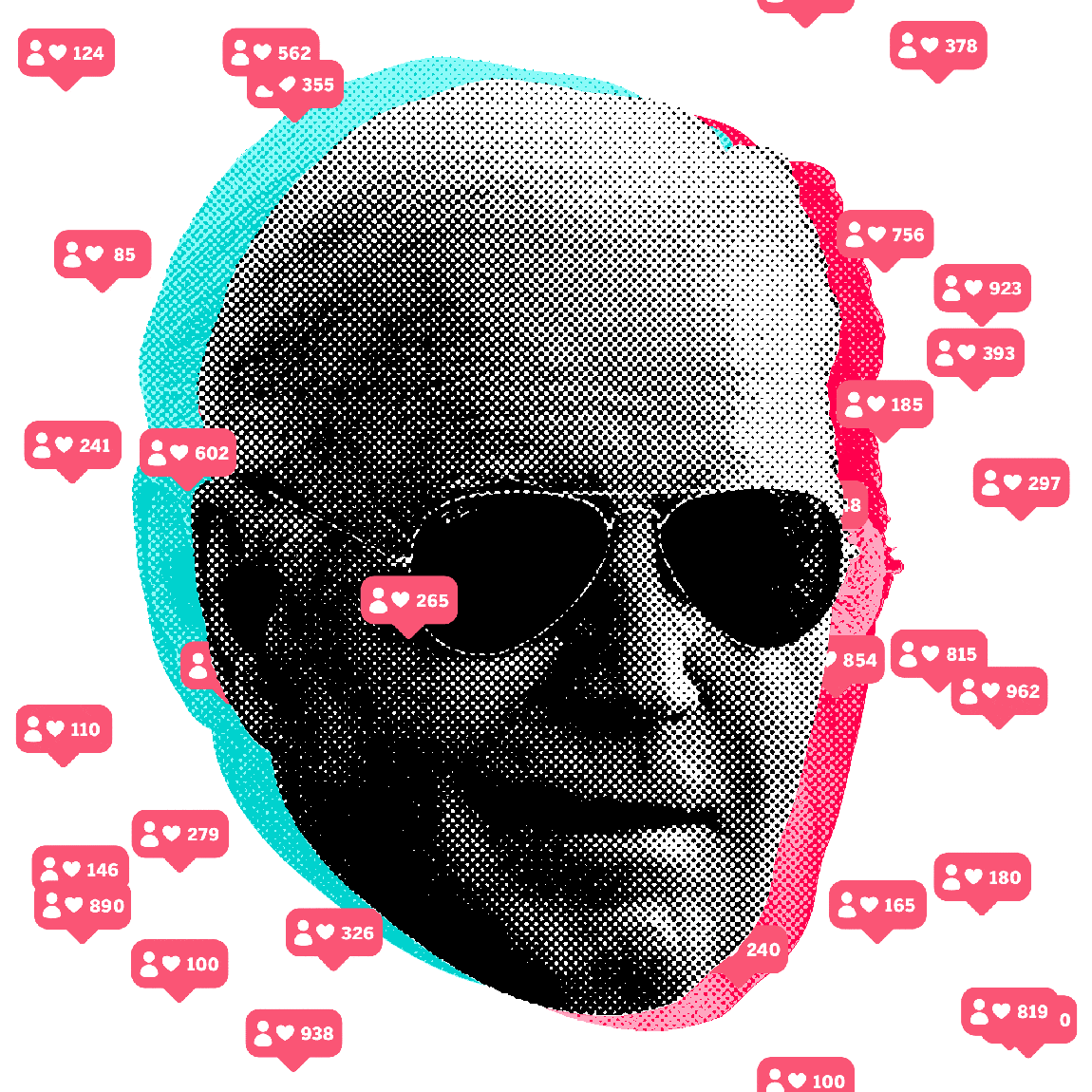Op-Ed: Twitter is bad for me and it’s probably bad for you too. Stay away
Journalists love Twitter. We love it because it’s an easy way to get our stories out. It’s a shortcut to find quick, easy quotations for stories. And it is often an easy story in itself, hence the weird genre of stories about stories that were stories only on Twitter.
For example, the Los Angeles Times and the New York Times (among many other publications) ran articles last week about a typo, “covfefe,” that appeared in one of President Trump’s late night tweets. Between them, the two publications cited reactions from an NPR reporter, The New Yorker’s television critic, political writer David Frum and late-night TV host Jimmy Kimmel. That’s a lot of talent expending brainwaves on “covfefe.”
So it has come to this: writers hyping Twitter typos by our tweeting head honcho. These stories—about Twitter chatter about a Twitter typo—took up the scarce time and resources of gifted writers and editors who are part of the free press necessary to our democracy. Sad! And those stories came a day after I’d read that half of President Trump’s Twitter followers are likely fakes.
Altogether, this news was, for me, like the worm in the fast-food burger, the gross thing you see that reminds you of all the gross things you cannot see.
As for me, no more checking Twitter 20 times a day, no more rushing to see who has retweeted my retweets.
I’ll be 43 soon, the age at which luminaries Jan Vermeer, John Candy and Andrew Breitbart bid farewell to this Earth. Mindful of the rabbinic sage Hillel the Elder’s admonition, “If not now, when?” I have decided to make some changes. From here on out, there will be more: naps, trips to the beach, walks in the park with my dog, flossing, and ice-cold glasses of Coca-Cola. And fewer: impulse eBay purchases of tweed jackets, hours spent in traffic jams, and Diet Cokes.
And less Twitter. Twitter does more harm than good. It’s bad for me, and it’s probably bad for you too, whoever you are.
At this point, some will object that Twitter is now part of American life, unlikely ever to go away. Which is the kind of thing that people once said about Friendster. But Twitter is not ubiquitous. For most Americans, it’s not even a thing.
It’s popular, for sure: In the first quarter of 2017, Twitter logged about 328 million monthly users worldwide. But only one quarter of American adults online use Twitter. Its growth is slowing, and it has nowhere near the reach of Facebook, which nearly 70% of all American adults use. What’s more, for Facebook, that percentage holds up, more or less, across age groups, while fewer than 5% of Americans over age 55 use Twitter. That’s one of the reasons it deserves to go away. Citizens with the most life experience, who are also those most likely to vote, are nearly absent from Twitter conversations (our president being a septuagenarian exception).
And while we all, tweens and grandparents alike, tend to use Facebook in the same way—to stay in touch with friends and family—the asymmetry among different categories of Twitter users perpetuates the most puerile kind of celebrity worship. Most people have almost no followers, and just do the following. And they mainly follow a small group of superstars, like Harry Styles, who has 30 million followers, or President Trump, who has about a million more, if we count the automated bots as well as the real live humans.
Never heard of Harry Styles? No reason that you should. But Twitter functions equally as a news service for our president and for a British pop star of considerable talent but no particular relevance to grown-ups.
My friend the journalist Alana Newhouse likes to say that “Twitter is for journalists and racists.” Which is true—journalists for the reasons discussed above, and racists because they can find each other on it, and because they can use it to publish anonymous hatred.
We can add to Newhouse’s list celebrity worshipers, including fans of Styles and other music stars, athletes and people famous for being famous, like the Kardashians, although the younger cohort of their followers is gravitating to other social-media apps, like Instagram.
It’s also true that Twitter has been a powerful organizing tool for honorable, non-racist activist groups on the left and the right. And in countries with less free media, like Iran, it’s indispensable for dissidents. Those who need Twitter should keep using it. But nobody, except our president, does his best thinking on Twitter.
As for me, no more checking Twitter 20 times a day, no more rushing to see who has retweeted my retweets. I will treat it like those gross fast-food burger chains, which I can’t say I never patronize, but which cause me self-loathing when I do. Life is short, summer’s here, and my dog deserves a long, leisurely walk. Halfway through, we’ll sit down for a spell. I’ll bring a book.
Mark Oppenheimer, a contributing writer to Opinion, is the host of the podcast Unorthodox. Email mark.e.oppenheimer@gmail.com
Follow the Opinion section on Twitter @latimesopinion or Facebook
MORE FROM OPINION
California’s failure to ban polystyrene means cities like Los Angeles need to step up
Trump’s tweets ripping London’s Mayor Khan veer from idiotic to odious
More to Read
A cure for the common opinion
Get thought-provoking perspectives with our weekly newsletter.
You may occasionally receive promotional content from the Los Angeles Times.










